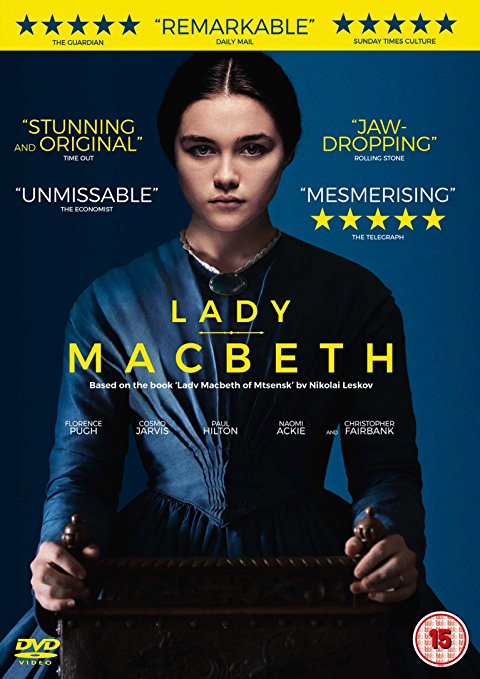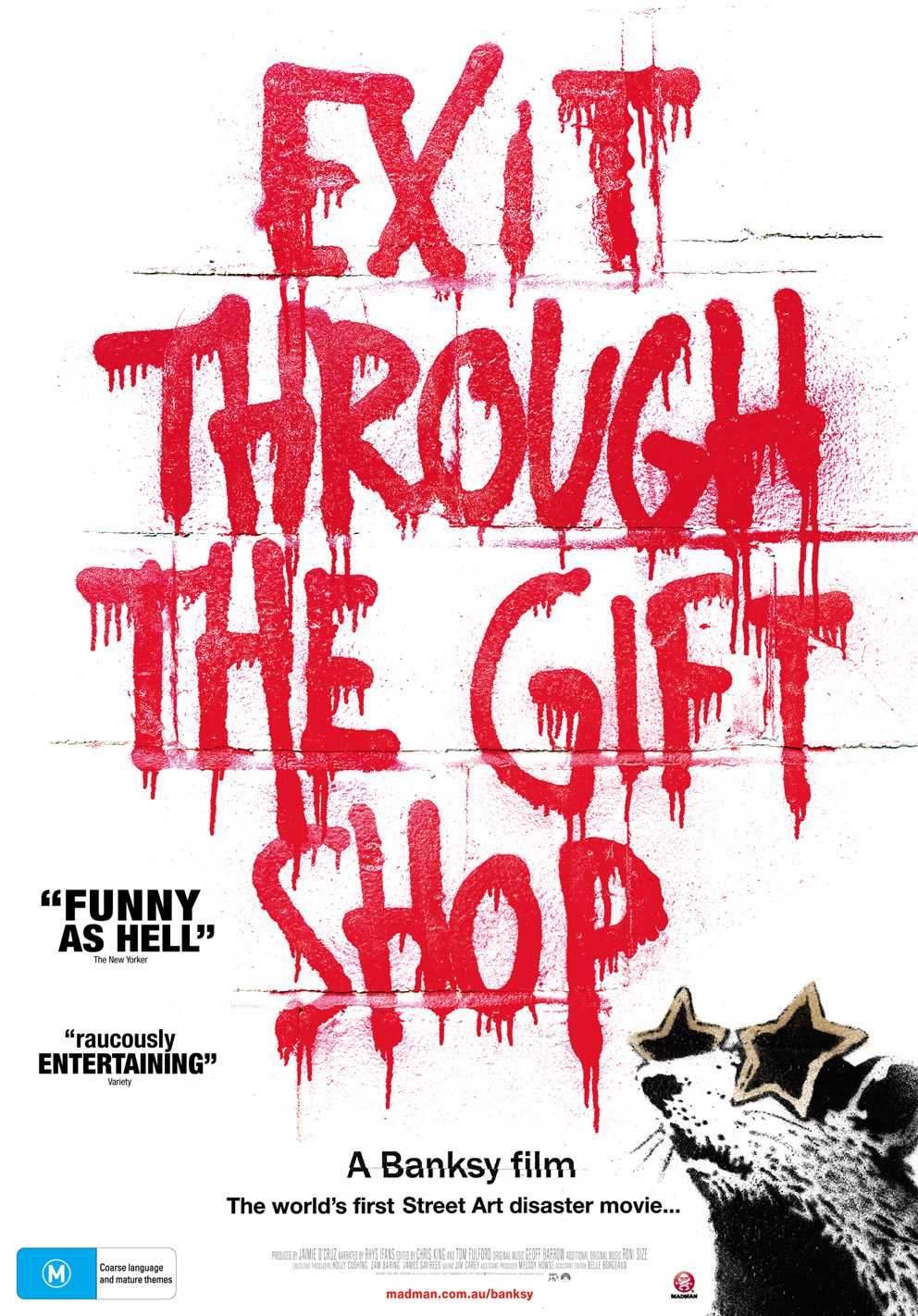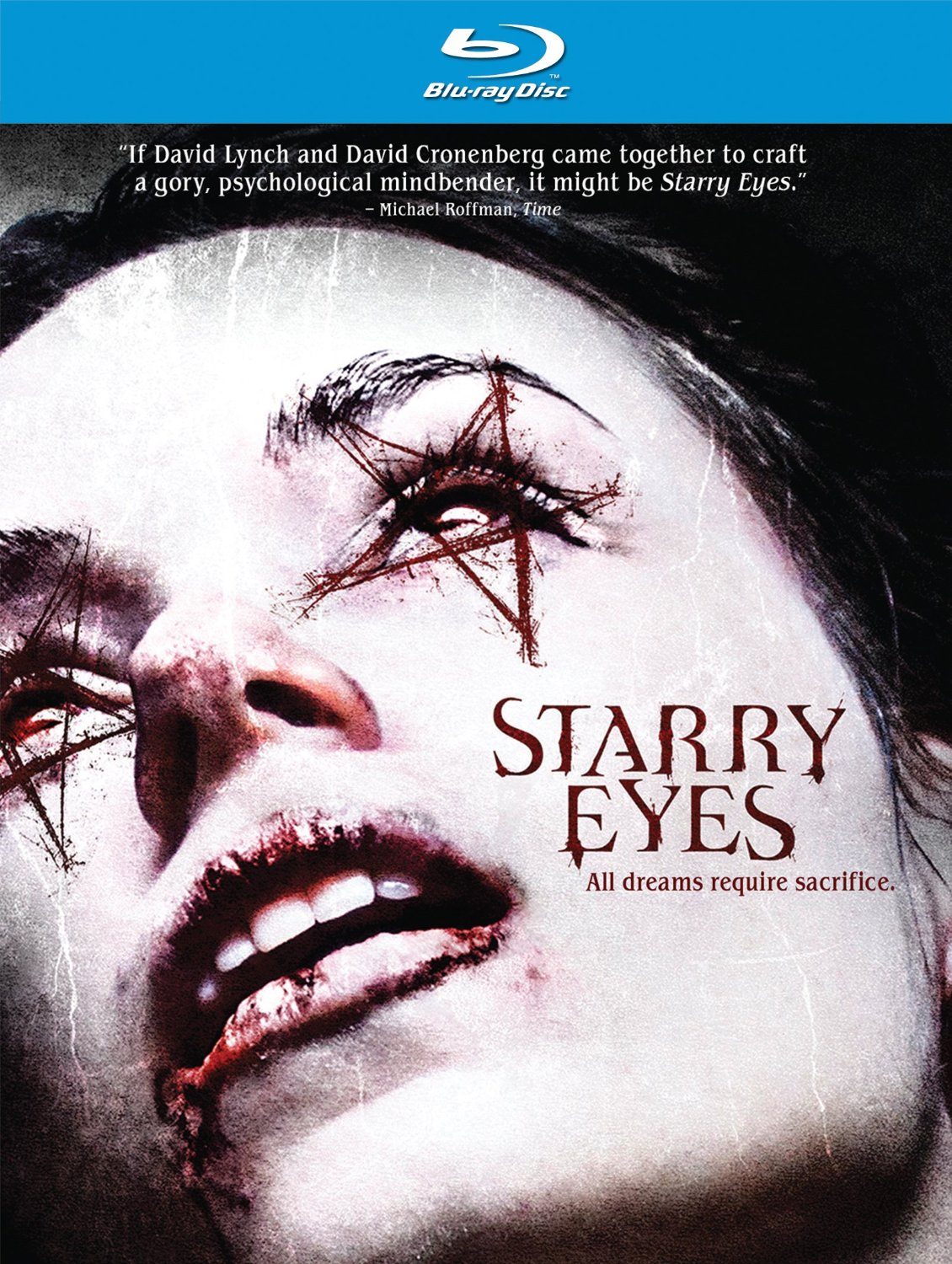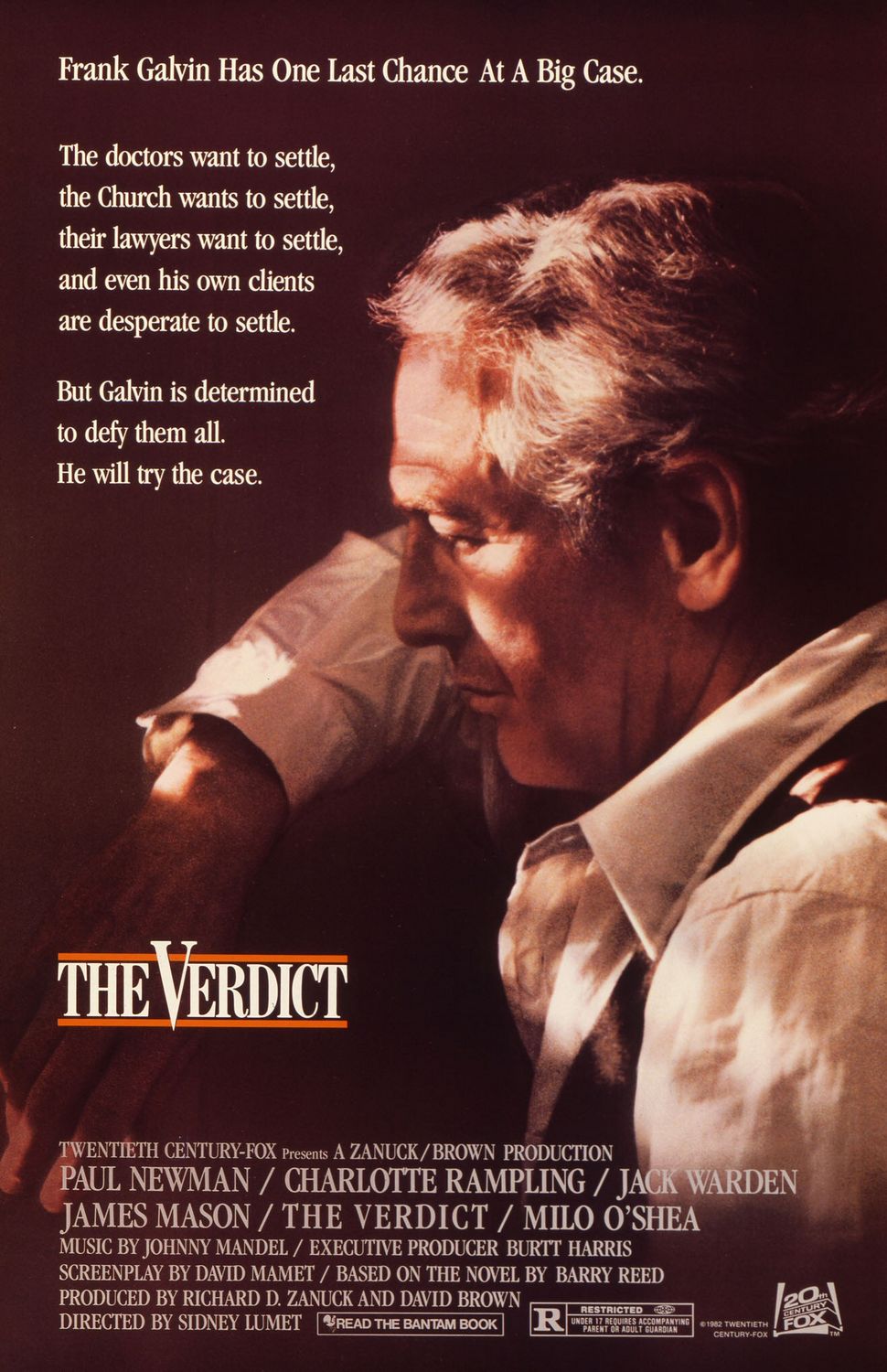Now Playing
Current DJ: DJ Stevo
The Kinks Add It Up from Give The People What They Want (Arista) Add to Collection
Requests? 773-DJ-SONGS or .(JavaScript must be enabled to view this email address)
Welcome to The Fourth Wall, CHIRP's weekly e-conversation on cinema. This week's subject is the Brad Pitt comedy War Machine.
This edition is written by CHIRP Radio volunteers Kevin Fullam and Clarence Ewing.
 Kevin:
Kevin:
Most of my friends know that I'm a tough crowd with regards to comedy. A very tough crowd. These days, I've generally sworn off seeing comedy films in the theaters -- I've joked (no pun intended) that it's incredibly frustrating to hear folks all around me laughing at bits that I find wanting. Like my own real-life, 360-degree laugh track from hell*? Sometimes I experience this at improv shows and the like as well; it's a twisted dream of mine to have the offending party on stage treated to an audience of Kevin dopplegangers, all with crossed arms and blank stares. Cue the beads of sweat from those on stage. (Clearly, the lesson is that I'm an awful human.)
[*Comedy trailers are worst of all. Humor is all about context, and with trailers, you obviously have zero context. So editors are reduced to using cheap gags and punchlines, often with "full-stop" sound effects for added emphasis.]
It's actually made me think quite a bit about the nature of the genre and the subjective nature of humor. In my estimation, most attempts at comedy in film and television just try too damn hard, and my preferred brand of levity arrives in the midst of tales that are generally on the level. Dramas like The Sopranos and The Wire were wickedly funny at times -- Paulie Walnuts, when he wasn't a vicious sociopath, almost qualified as comedy relief. Clarence, you and I have discussed the genius of Extras in the past; even when celebrities in that series were playing caricatures of themselves, I can't ever remember them winking at the camera.
Which brings us to War Machine, a military satire based on the non-fiction book The Operators, an account of writer Michael Hastings' month-long stay with General Stanley McChrystal's forces in the Afghanistan war. The basis for the book was Hastings' article "The Runaway General," a 2010 feature in Rolling Stone which captured not only the chaos of the fight, but also McChrystal's mocking of White House officials (including VP Joe Biden), which ultimately resulted in his resignation.
Hey, this sounds like a fascinating subject for a film! But couldn't they have gotten someone other than Brad Pitt to play the McChrystal character, Gen. Glen McMahon? I'm guessing Hollywood studios demanded a star. Fine. Then why demand that Pitt utter every line with an overblown, gravely voice? The man sounded like JK Simmons in full-on J. Jonah Jameson mode from the Spider Man films.
Welcome to The Fourth Wall, CHIRP's weekly e-conversation on cinema. This week's subject is the independent film Lady MacBeth.
This edition is written by CHIRP Radio volunteers Kevin Fullam and Clarence Ewing.
 Clarence:
Clarence:
Kevin, from the moment I finished watching Lady MacBeth until now I’ve been thinking deep thoughts. This movie is not my favorite – in fact it might be my least favorite film of the last five years or so. But it did get me thinking that, if I didn’t like this movie (and I definitely didn’t), then why I do like other stories like it?
In this movie, Florence Pugh plays Katherine, a young sociopath who lives on a huge country estate with her husband Alexander and father-in-law, each man not so much a character as a walking list of unpleasant tics. Katherine’s not getting enough affection from her husband, so she takes up with a stable hand (Cosmo Jarvis). When the intrigue of the situation escalates, she starts killing people, much to the chagrin of her black maid and only constant companion Anna (Naomi Ackie).
That’s pretty much the plot of the movie. It features several basic production shortcomings, starting with the lack of a simple time and place title card to let the audience know when and where this story is taking place. Director William Oldroyd and cinematographer Ari Wegner chose to compose the movies using a series of long, quiet, still frames which only result in several unearned jump scares and the movie itself feeling a lot longer than its 90-minute run time. If you’re going to use a technique perfected by Kubrick in Barry Lyndon, you better have more to offer than dead silence and empty rooms.
Also, the overall plot hinges on the resurrection of a particularly ugly film stereotype of the mute black servant whose main role is to be scared of their white master. This isn’t so much an unpleasant “misunderstanding” as a case of a bad filmmaking decision.
There are a lot of unanswered questions about Katherine, but very little is left to the imagination about what she is. She is a victim of abuse, but she’s also anti-social, reckless, and not so much “fierce” as “vicious” in how she deals with her problems and other people. Audience members walking into the theater thinking they’re going to be watching a feminist revisionist fantasy about Victorian-era womanhood will probably change their minds once a child becomes involved with the main character’s wrath.
Welcome to The Fourth Wall, CHIRP's weekly e-conversation on cinema. This week's subject is the 2010 documentary Exit Through the gift Shop.
This edition is written by CHIRP Radio volunteers Kevin Fullam and Clarence Ewing.
 Kevin:
Kevin:
"I think the joke is on... I don’t know who the joke is on, really. I don’t even know if there is a joke."
Who's the arbiter of what constitutes "good" art? Or art, period? You, the reader, probably have better-formed opinions about tunes (this is a CHIRP Radio site, after all), but still, one person's trash is someone else's treasure. There are entire genres of music that I'm unable to digest, but I certainly don't believe that my tastes are any more or less highfalutin' than another's in this regard -- we simply form an immediate physical reaction to the beats and melodies that we hear. Keep in mind that my background in visual arts is pretty rudimentary, but I kinda think this medium works the same way? Most of us simply will know what we like when we see it.
Enter the documentary Exit Through the Gift Shop, a project which originally began as a fly-on-the-wall snapshot of the world of street art by vagabond/vintage-clothing proprietor Thierry Guetta. It then later morphed into a profile of reclusive British graffiti wizard Banksy, but when Banksy couldn't make heads-or-tails of Guetta's finished product (Life Remote Control, which Banksy describes as "an hour and a half of unwatchable nightmare trailers"), Banksy decided to commandeer Guetta's tapes and take a stab at stitching together the film.
The result? A profile of Guetta himself, who runs with Banksy's offhand suggestion of creating his own street art, and sinks his life savings into a gargantuan Los Angeles art exposition -- a warehouse populated with work that was "conceived" by Guetta but actually produced by artists he employed. While much of his "style" seems incredibly derivative (he's basically an Andy Warhol knockoff), Guetta's ability to generate interest creates the perception that this is cutting-edge art, and it sells like hotcakes to wildly-enthusiastic audiences... while Banksy and the street-art community are left horrified at the monster they've created.
Welcome to The Fourth Wall, CHIRP's weekly e-conversation on cinema. This week's subject is the horror film Starry Eyes.
This edition is written by CHIRP Radio volunteers Kevin Fullam and Clarence Ewing.

Clarence:
Sarah is a young woman living in Hollywood and hoping to make it to the big time as an actress. She spends her days working a crappy day job as a waitress while squeezing in auditions and hanging out with her like-minded social circle of wannabe film-makers.
One day, Sarah lands an audition for what sounds like a low-rent horror movie flick. It turns out to be the most intense experience of her life, and it could lead to bigger things...if she’s willing to pay the price. Soon, she will have to decide how willing she is to undertake the physical and mental transformation asked of her, and also what to do about the “friends” who might be holding her back.
Partially funded by a Kickstarter campaign, Starry Eyes was a hit at South-by-Southwest in 2014. It’s got an indie-film sheen with a slasher-movie soul. I thought Alex Essoe did a wonderful job in the lead role, transmuting her ambition into frustration and rage that fuels her character through a (to put it mildly) drastic transformation. The supporting cast is also good, and the makeup and effects are disturbingly realistic.
But this film struck me as more than just a well-crafted exercise in horror. I thought the film also did a very good job of allegorizing both the idea of “making it” in Hollywood as well as the economic outlook faced by many Millennials in the US in the 21st century.
I finished watching the FX miniseries Feud: Bette and Joan a couple of weeks ago. That series was advertised as a campy send-up of the animosity between legendary actors Bette Davis and Joan Crawford, but it ended up being a sharp, detailed portrait of the underbelly of celebrity.
Welcome to The Fourth Wall, CHIRP's weekly e-conversation on cinema. This week's subject is the Paul Newman legal drama The Verdict.
This edition is written by CHIRP Radio volunteers Kevin Fullam and Clarence Ewing.
 Kevin:
Kevin:
Why do courtrooms make for perfect Hollywood environments?
1) The guts of the action is contained within one arena.
2) The proceedings allow for star thespians to showcase their dramatic chops through impassioned arguments and clever questioning.
3) As in sports, cases usually offer up clear winners and losers -- with an added benefit of suspense right before the jury announces a verdict.
I grew up watching Perry Mason telemovies -- where Mason would not only successfully defend his own clients, but also reveal the trueculprits through his infamous "Isn't it true..." interrogations. It's interesting how criminal defense attorneys are generally not held in high regard by the much of the public in real life... the unfortunate perception is often that they're defending crooks, right? But in fiction, they have made for some rather popular big-screen heroes. (To Kill a Mockingbird, A Few Good Men, etc.)
Another segment of the legal profession that's generally treated with derision? Malpractice lawyers, often considered a subset of the "ambulance-chaser" contingent whose growing presence has inspired heated debates on tort reform. In 1982's The Verdict, Frank Galvin (Paul Newman) is one of those attorneys, although he's clearly down on his luck and spending far more time playing pinball at the local pub than working on cases.
Frank has been offered one last lifeline from longtime colleague/mentor Mickey (Jack Warden) -- a case where a pregnant woman was given an anesthetic during childbirth, wound up vomiting due to a mixup re: her last meal, and has since become comatose. It's an open-and-shut settlement; the Archdiocese running the Boston hospital doesn't want the negative attention of a trial, and Galvin stands to clear a healthy sum with his 1/3 cut of the payoff.